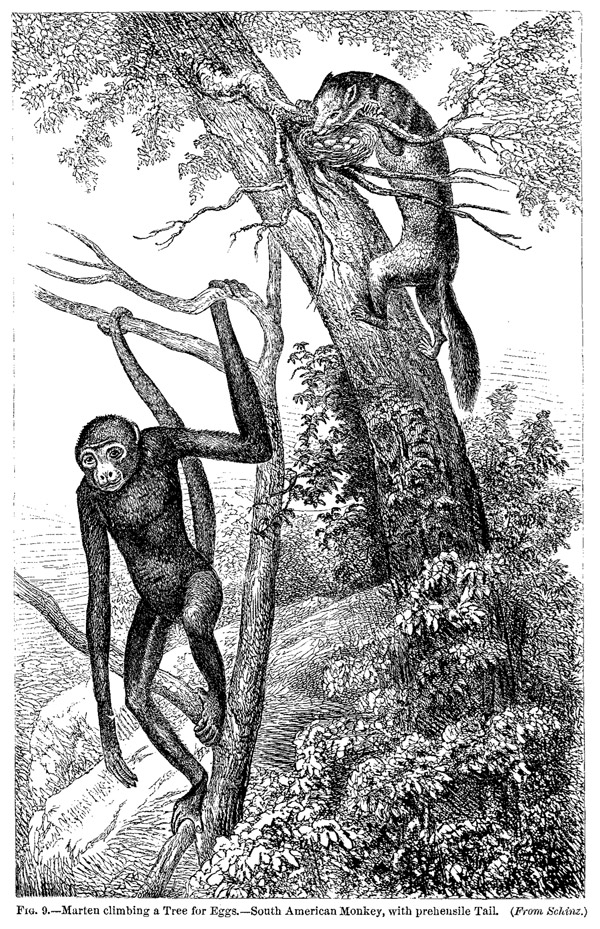
If a shoe-throwing journalist has come to represent the summa of Iraqi opinion concerning George W. Bush, the view from the north is different. In Kurdish eyes, the toppling of Saddam meant liberation. “I like the American army because if the Americans had not damaged the Iraqi regime, anyone cannot damage this regime,” said Zhero, a student at Salahaddin University. He described Bush as “the leader of freedom.” “Generally we are against war, but for making us to be free it was good,” a girl sitting across the table added. I asked whether these students thought killing American soldiers in Iraq was justifiable. They looked incredulous…. The Peshmerga took more casualties in the Iraq War than any other U.S. ally. Not far from the Iranian border, in the guarded compound of the secular-leftist Komala Party of Iranian Kurdistan, the eloquent Secretary-General Abdullah Mohtadi told me he believed that the Western left “discredited itself” by siding with “the anti-democratic forces” on the question of Iraq. “But I must say, I also blame the Arab intellectuals. Because many, many of them are very silent when it comes to despotic regimes, when it comes to human rights, when it comes to women’s rights in their own society. But they’re very outspoken against the United States.”–“Why Kurdistan Matters,” Tim Goot-Brennan, Dissent
The Queens-Brooklyn border wasteland; America’s best hot dogs are made by migrants in Tucson; what’s inside a Slim Jim?; lost hikers who think they are walking in circles are, in fact, walking in circles; a cheesy car for cheesy people
Foreign Minister Avigdor Lieberman should have sent a big bouquet to Donald Bostrom, the Swedish photographer and journalist who wrote the article claiming that the Israel Defense Forces harvested organs from dead Palestinians….It has been a long time since such a propaganda asset has fallen into the hands of the friends of the occupation. It has been a long time since such damage has been caused to people seriously attempting to document its horrors. The bizarre Swedish report led to a no-less-bizarre Israeli response. Bad and irresponsible journalism crossed paths with bad and irresponsible diplomacy. Instead of simply denying the report, Lieberman, true to form, acted like a bully. In his fiery response – from his disrespectful mention of the Holocaust to identifying every criticism of Israel as anti-Semitism, to his ludicrous demand that the Swedish Foreign Ministry condemn the article – Lieberman caused great diplomatic damage to Israel. Serious journalism’s task is to document, investigate and prove – not to call on others to investigate, as the Swedish tabloid did. One may, for example, accuse the Swedish reporter of a crime, writing that he rapes little boys or girls, all based on suspicions and rumors, and call on the Swedish police to investigate. That’s what the reporter did with his claims of trafficking in Palestinian organs.–“Swedish article on organ harvesting was cheap and harmful journalism,” Gideon Levy, Haaretz
Contraception: the opera; commander of My Lai massacre speaks for the first time since war; expresses “remorse,” still blames superior officers; slender blogger charts obesity-homophobia nexis
Yesterday afternoon at the Brookings Institution, four analysts portrayed a bleak and terrifying vision of the current state of affairs in Afghanistan in the wake of the presidential election….Their conclusions: (1) A significant escalation of the war will be necessary to avoid utter defeat. (2) Even if tens of thousands of troops are added to the US occupation, it won’t be possible to determine if the US/NATO effort is succeeding until eighteen months later. (3) Even if the United States turns the tide in Afghanistan, no significant drawdown of US forces will take place until five years have passed…. Not a single panelist questioned the goals, purpose or objectives of the Afghan war. Not one said anything about a political solution to the war, about negotiations, or about diplomacy. Not one questioned the viability of an open-ended commitment to the war. And none of them had any doubts about the strategic necessity of defeating the Taliban and its allies. Although the growing political opposition to the war was referenced in passing — more than half of Americans say the the war isn’t worth fighting, and liberal-left members of Congress are beginning to raise objections — the panel seemed to believe that President Obama can and must ignore politics and push to expand the war when General McChrystal, as expected, recommends an increase in the level of US forces once again.–“Afghanistan Apocalypse,” Robert Dreyfuss, The Nation


